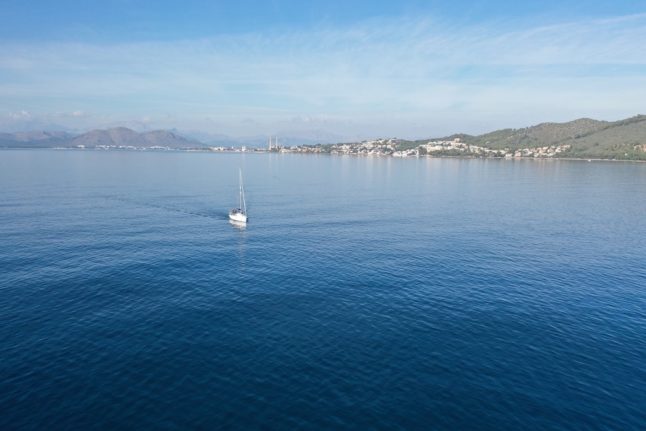The pair, aged 53 and 19, disappeared when their boat sank in the Mediterranean on August 27th as they were sailing from the island of Menorca to Mallorca.
Two bodies were found floating off southeastern Mallorca during the first week of September. A Guardia Civil police spokesman said on Monday they had been identified as those of the missing father and son.
Strong winds with gusts of up to 120 kilometres per hour (75 miles per hour) and heavy rains pummelled Spain’s Mediterranean coast on August 27th, including the touristic Balearic archipelago, causing serious damage and flight disruptions.
The Balearic Islands, off Spain’s eastern coast, include holiday islands like Ibiza, and are among the most popular destinations for north European sunseekers.
Spain’s maritime rescue service meanwhile said it had called off the search for two young Argentines who also went missing on August 27th while paddle surfing off the coast of Málaga in the south.
Rescuers backed by aircraft have been searching the waters off Málaga since August 28th, when a friend raised the alarm, saying they were missing after heading out to sea to “see the sunrise”, a statement said.
“They were barefoot, only in swimsuits and without cell phones,” it added.
The authorities found the paddle surfboard but no trace of the two men, who were reportedly aged 34 and 29.



 Please whitelist us to continue reading.
Please whitelist us to continue reading.
Member comments